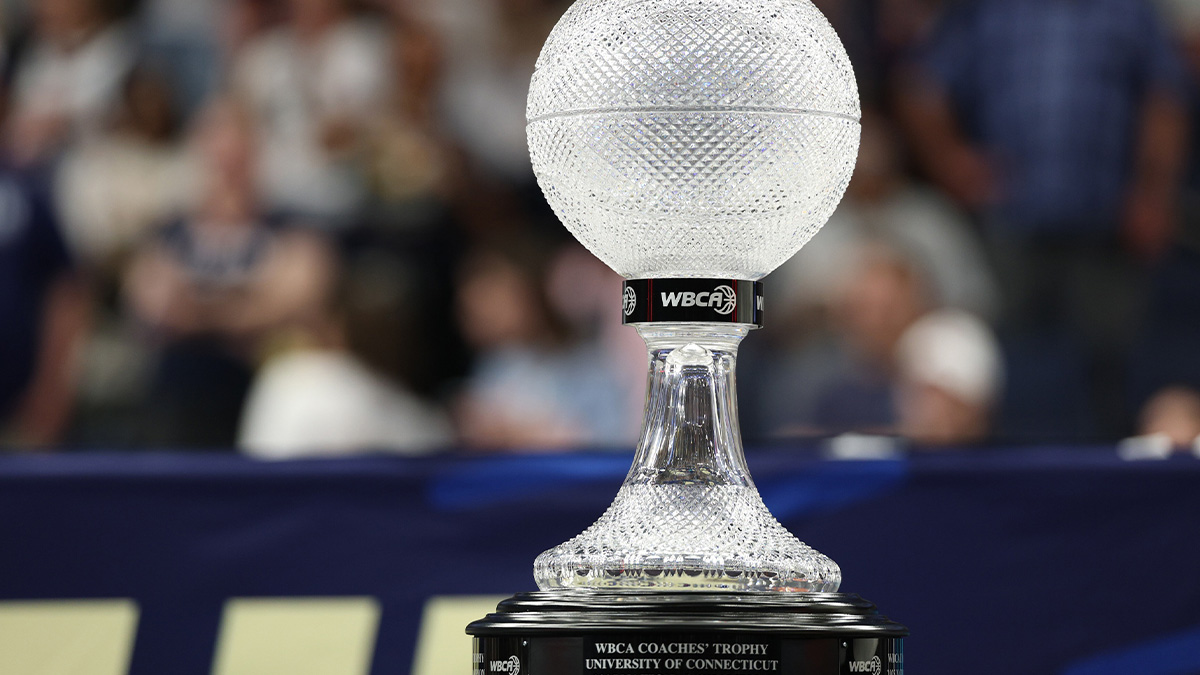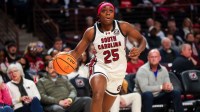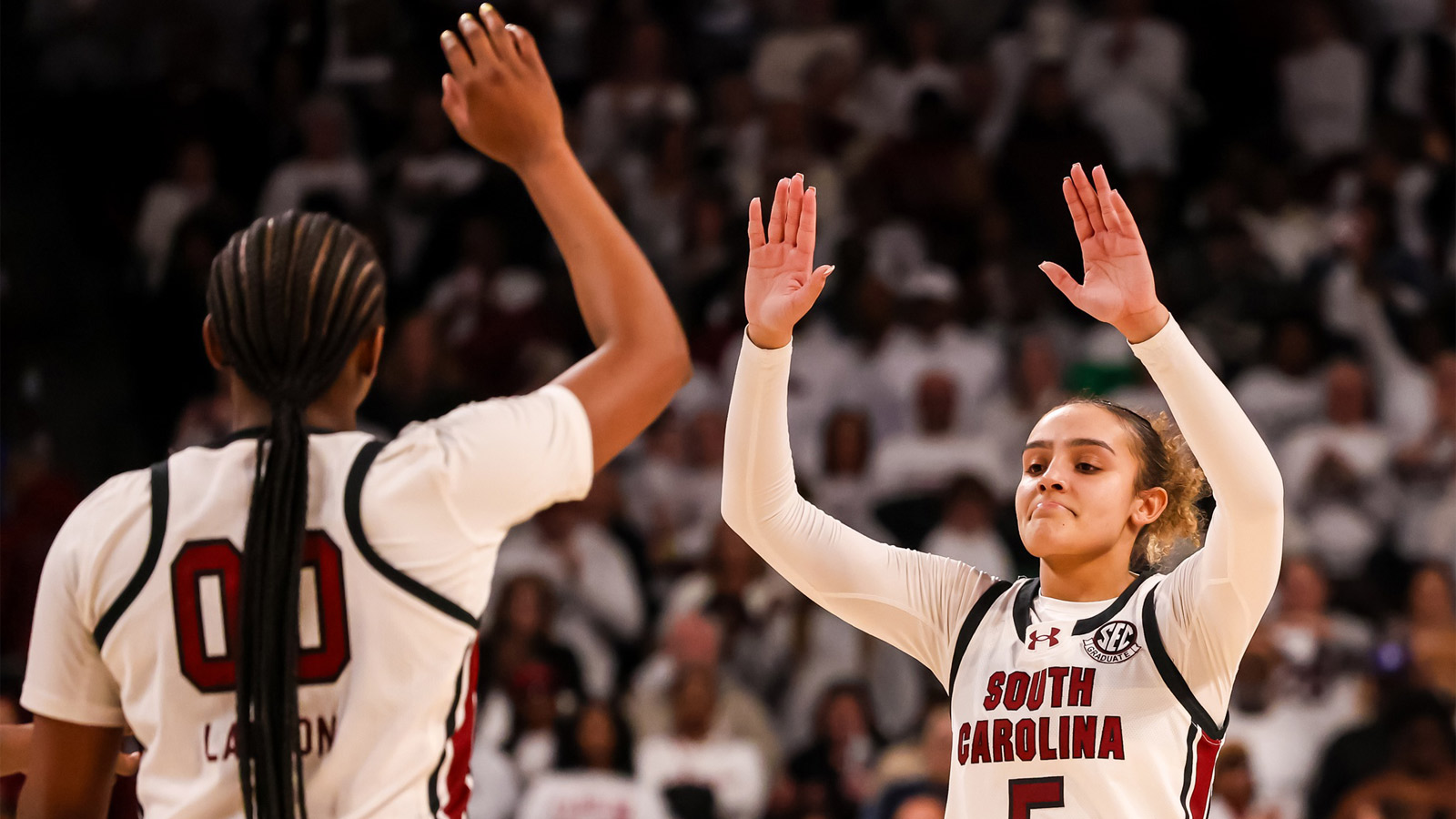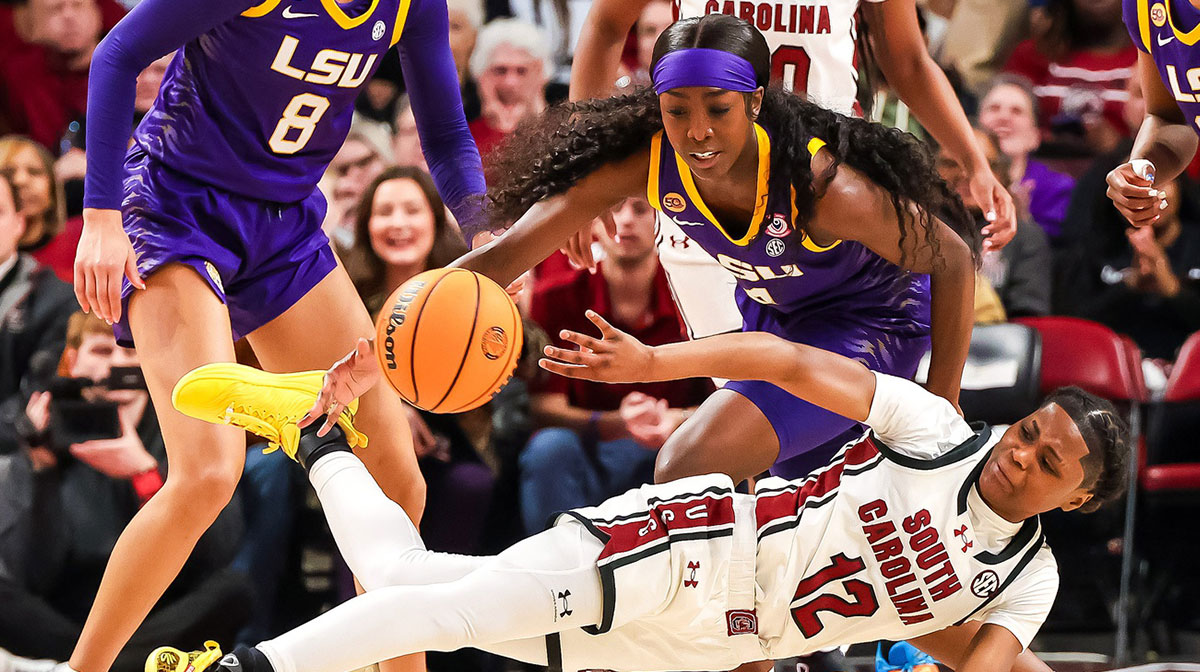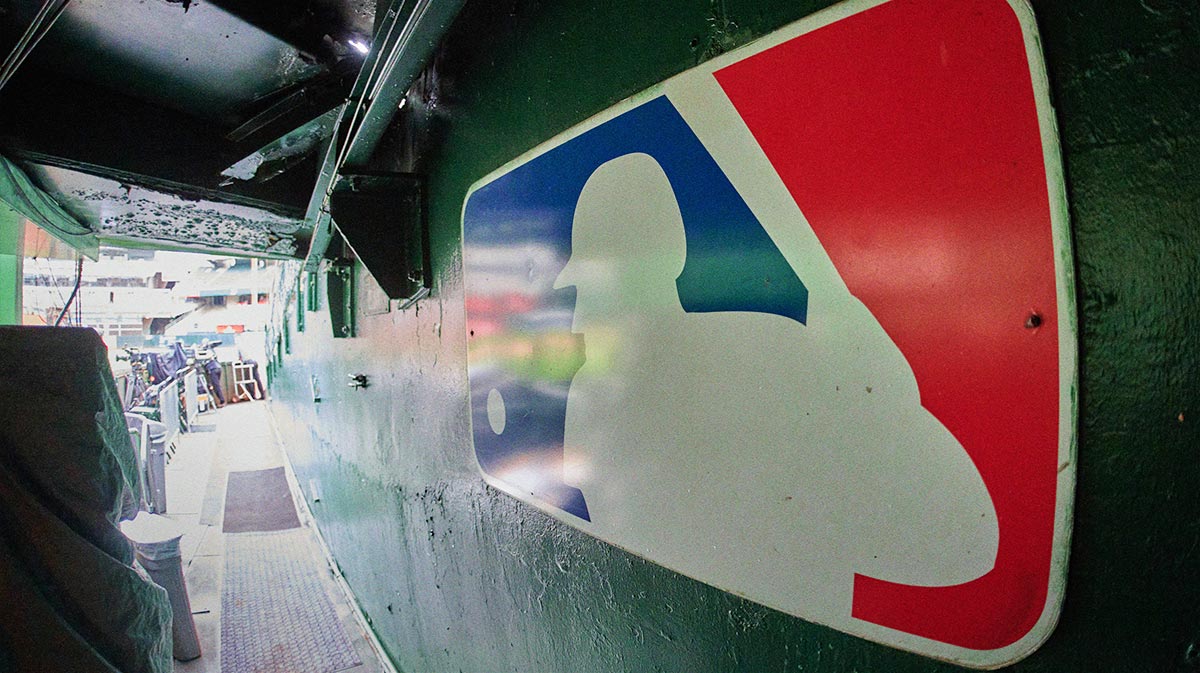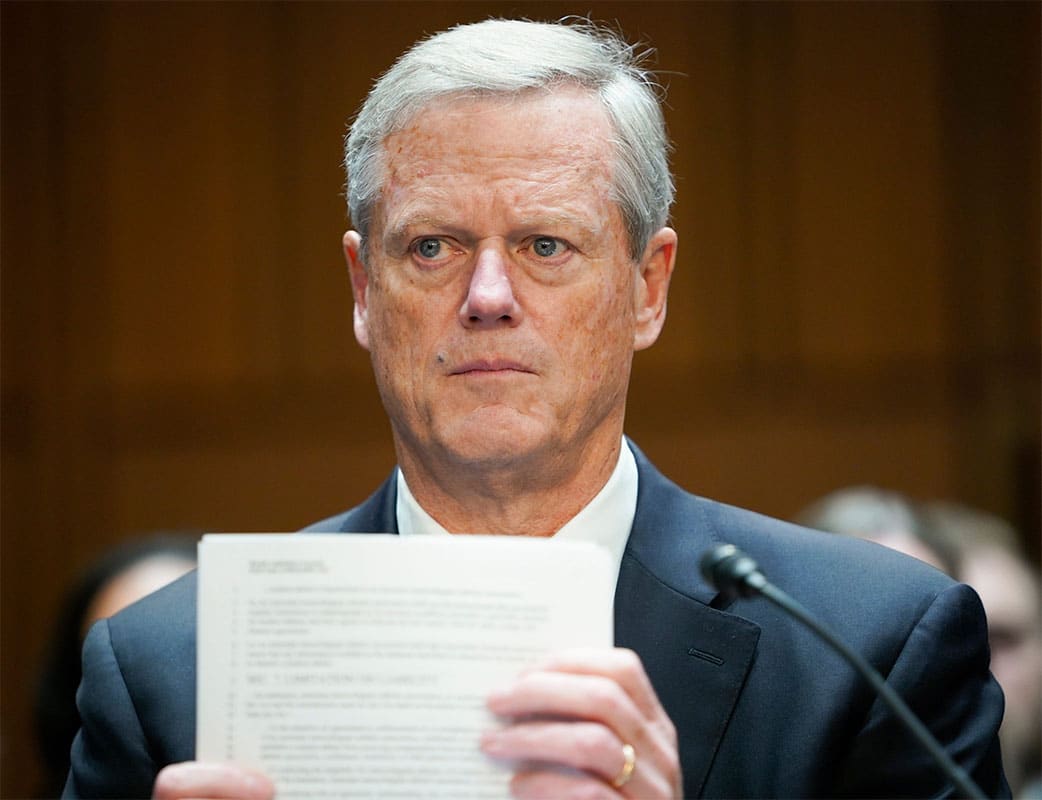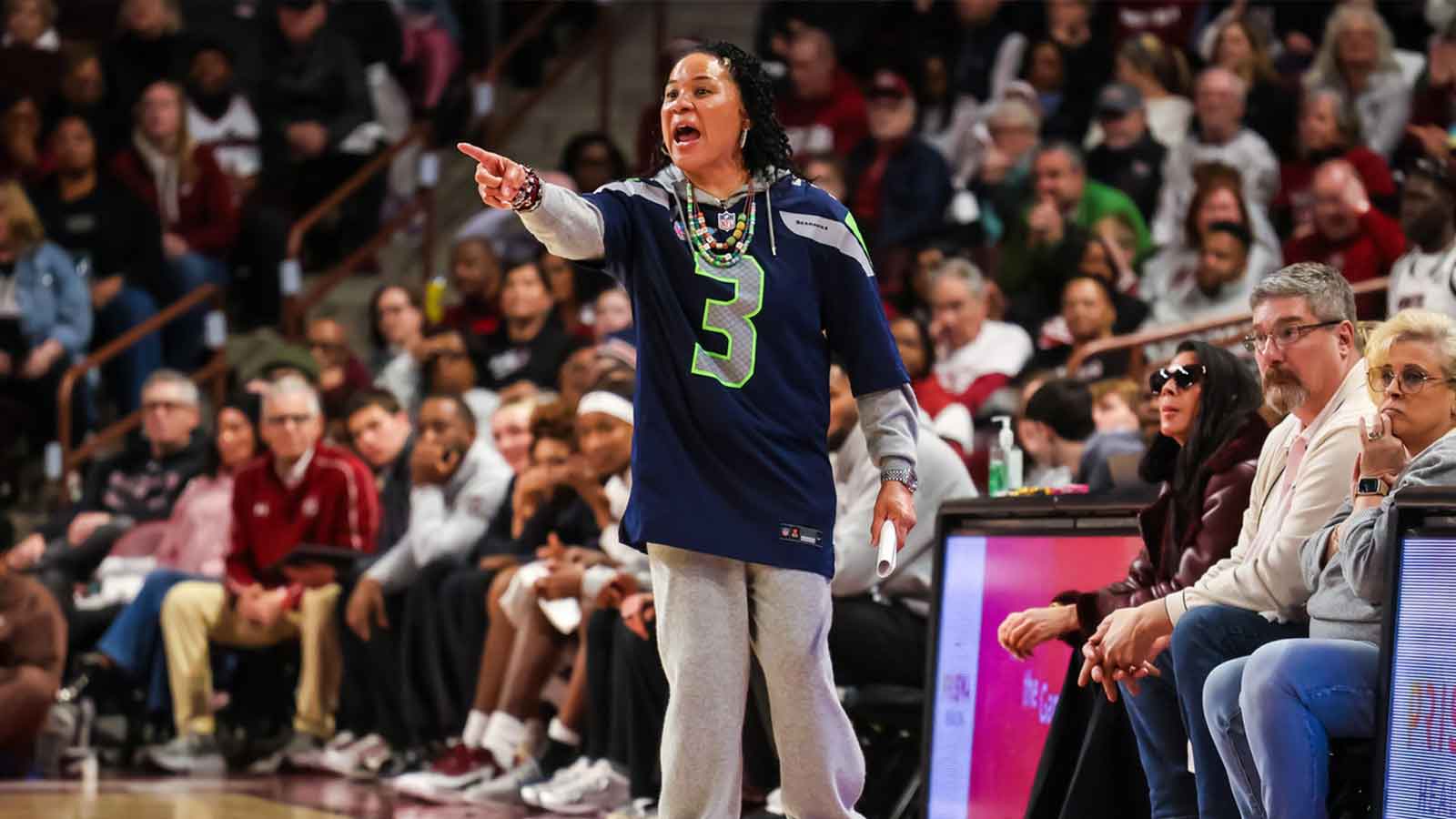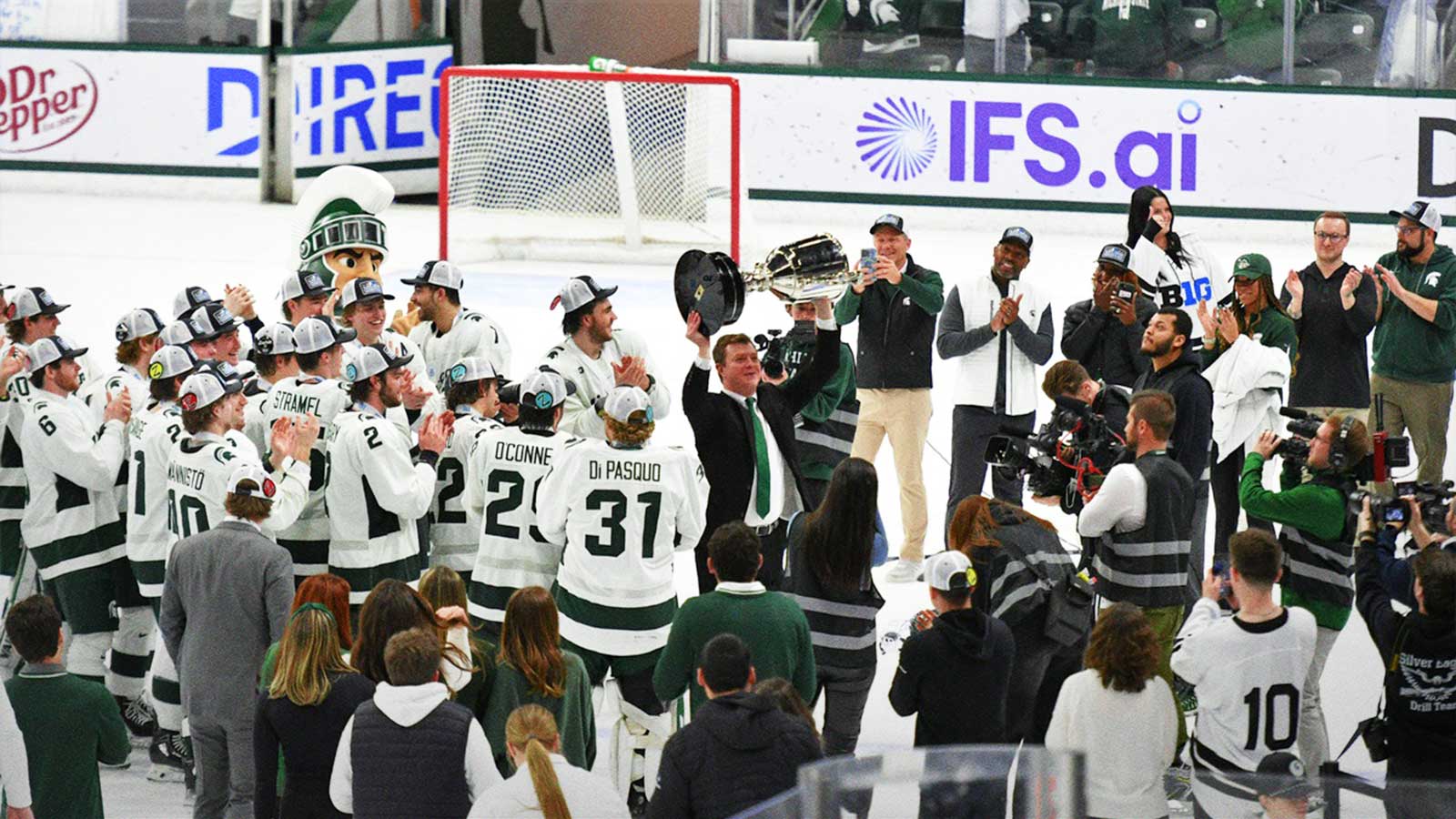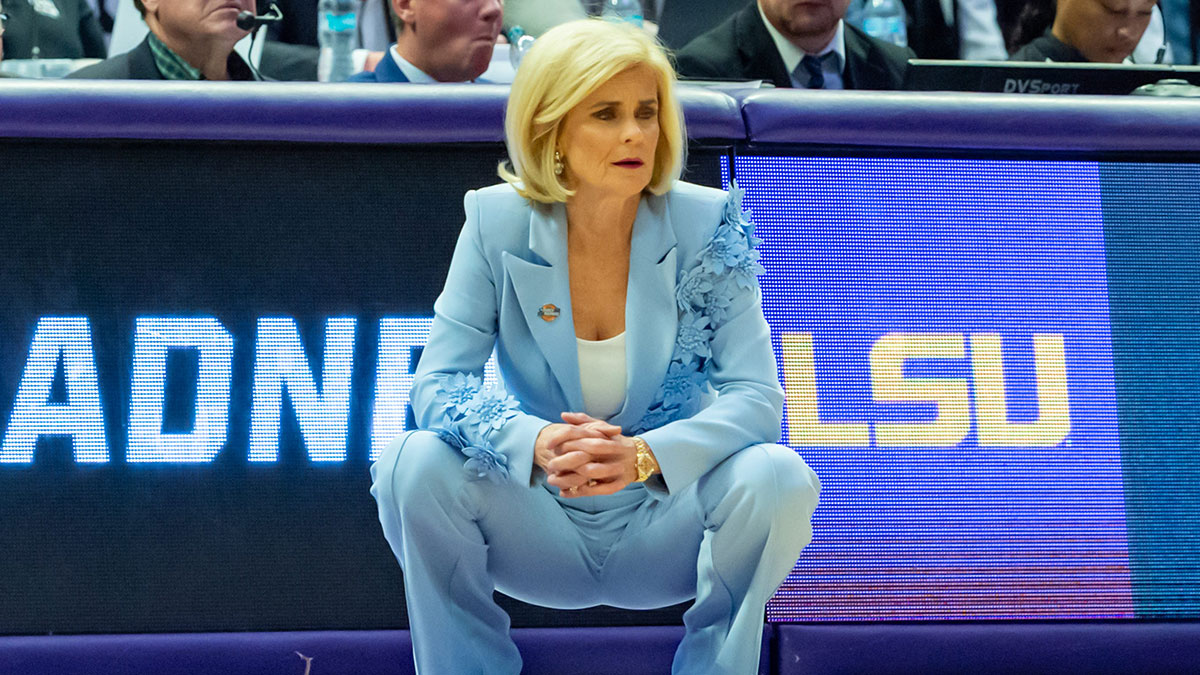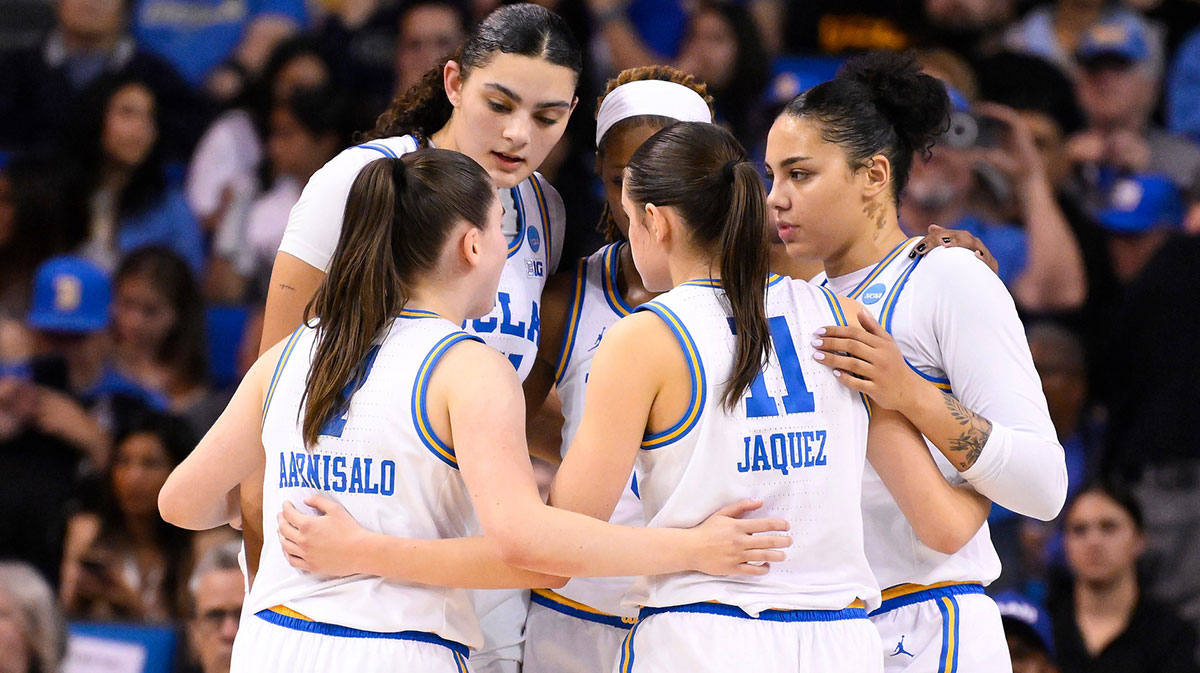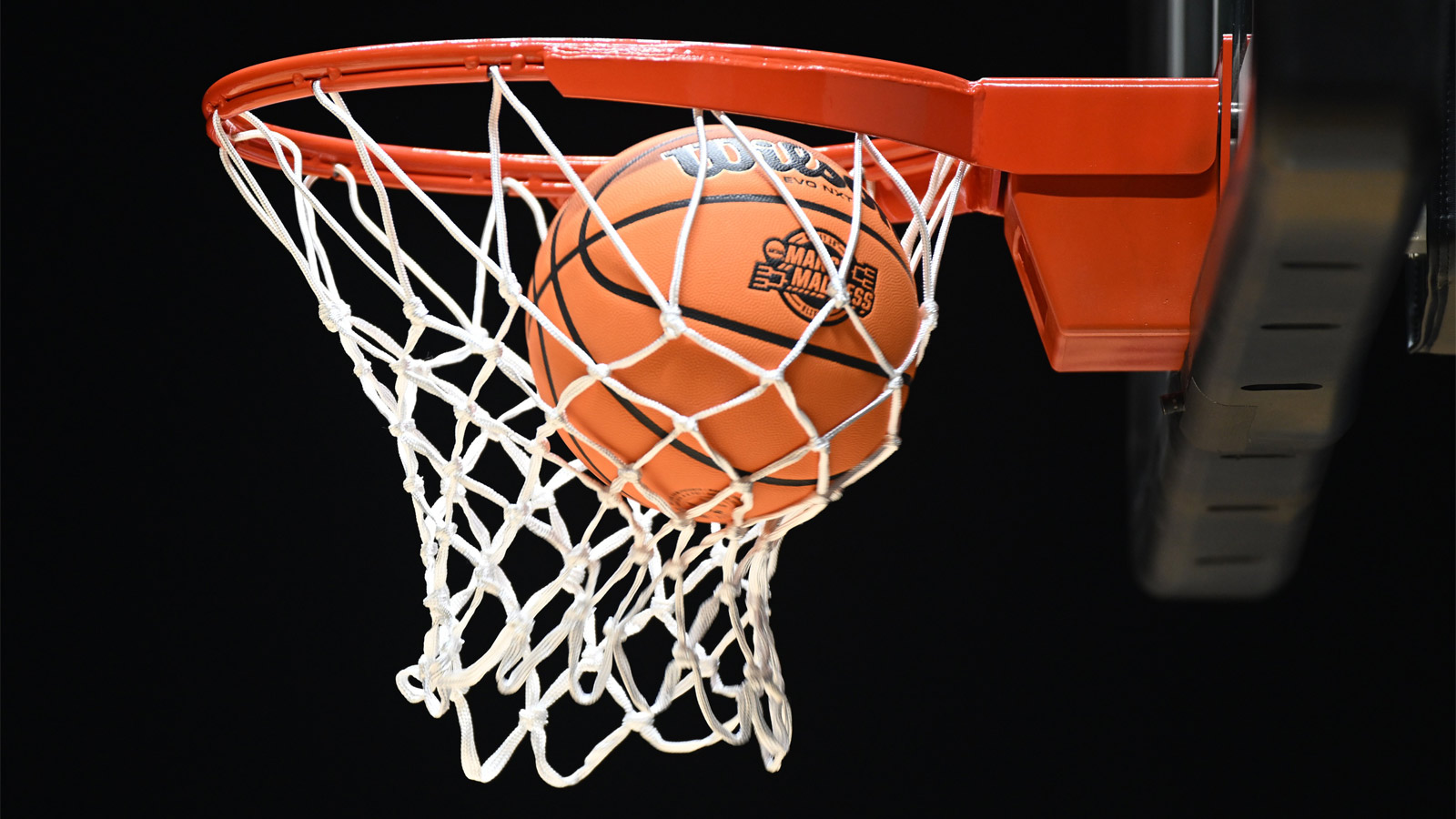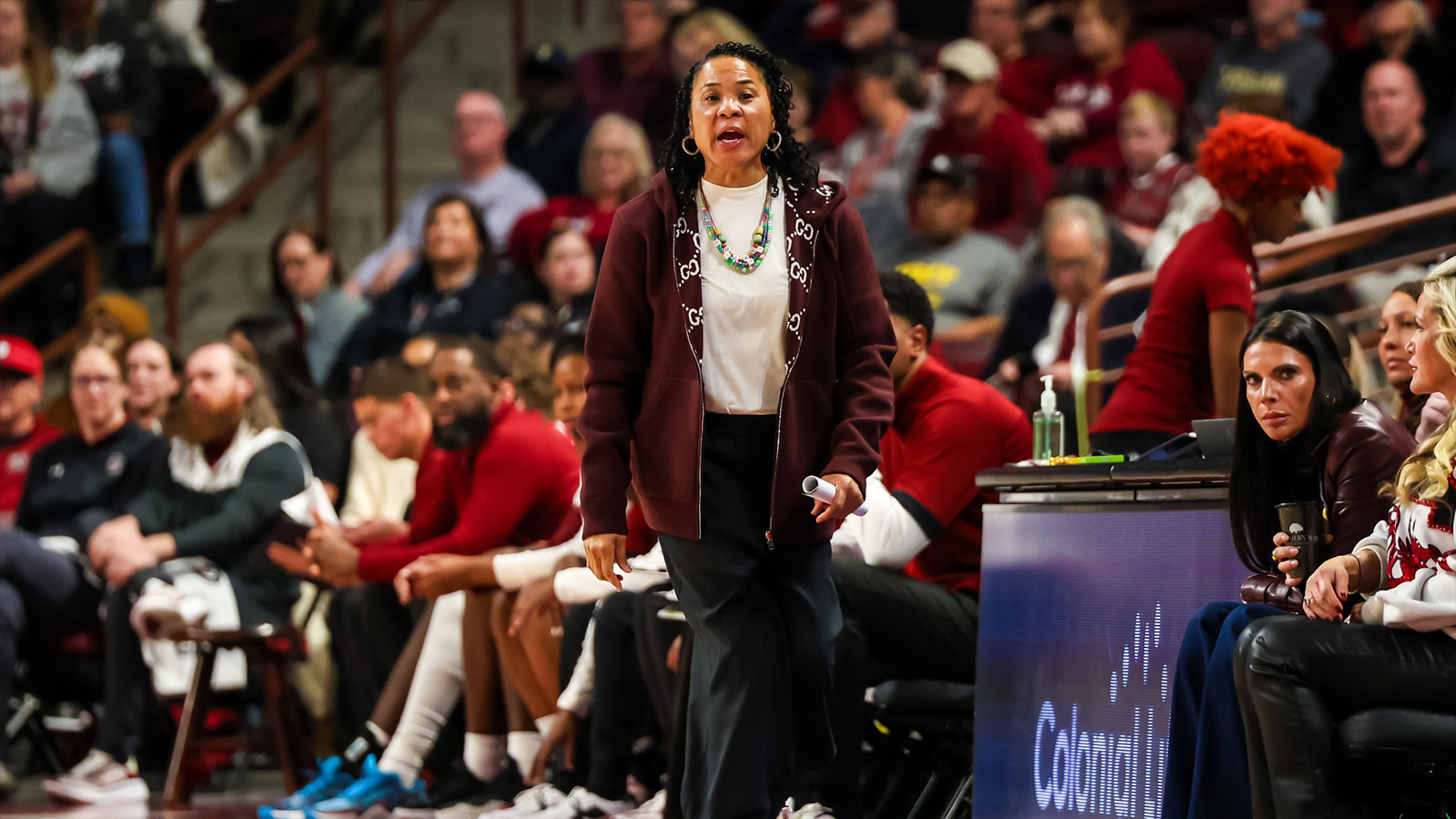The landmark antitrust settlement that approved a $2.8 billion payout for ex-NCAA athletes brought out objections from over a dozen groups of former players. Among them are eight women's players who filed an appeal claiming that the fair share of the Name, Image, and Likeness (NIL) money was being taken from female athletes.
Former soccer, volleyball, and track players opposed the proposed settlement split, which was set to send up to 90% of the funds to men's basketball and football players alone. The athletes include Vanderbilt's Kacie Breeding, Virginia's Kate Johnson, and College of Charleston's Lexi Drumm, Emma Appleman, Emmie Wannamacher, Riley Hass, Savannah Baron, and Elizabeth Arnold.
The attorneys who filed on the athletes' behalf in the 9th Circuit Court of Appeals spoke out in defense of their clients and their case. The reasoning for the appeal came down to Title IX violations, which bans gender-based discrimination in schools in the U.S. and legally requires them to provide equitable opportunities to all on campuses.
“We support a settlement of the case, just not an inaccurate one that violates federal law,” the statement told ESPN. “The calculation of damages is based on an error to the tune of 1.1 billion dollars. Paying out the money as proposed would be a massive error that would cause irreparable harm to women's sports.”
The attorneys argued that the broadcast rights money would've had to be split equitably between men's and women's sports if it were being paid out during their college careers in the past under Title IX laws, and he maintains that the same standard should be followed now with the retroactive payments.
“Title IX was deliberately ignored,” they continued. “The parties and court acted like it was already addressed when it clearly was not. Complying with Title IX was a problem in this settlement, so they just chose to ignore it. That can't stand.”
The appeal won't halt payments to current NCAA athletes, which are set to begin on July 1. However, former players will have to wait for their share of the back pay until the case works its way through the legal system, which could take months, if not years, in the complex appeals court.

